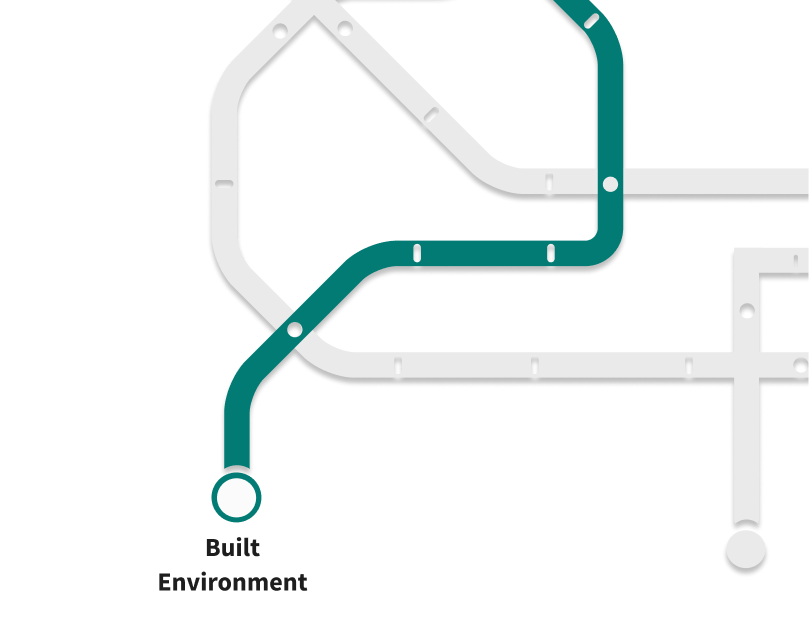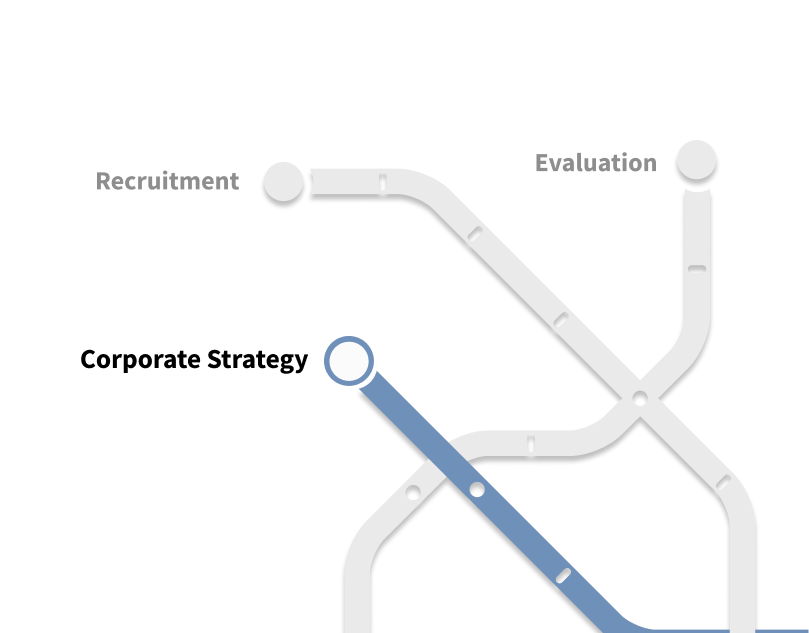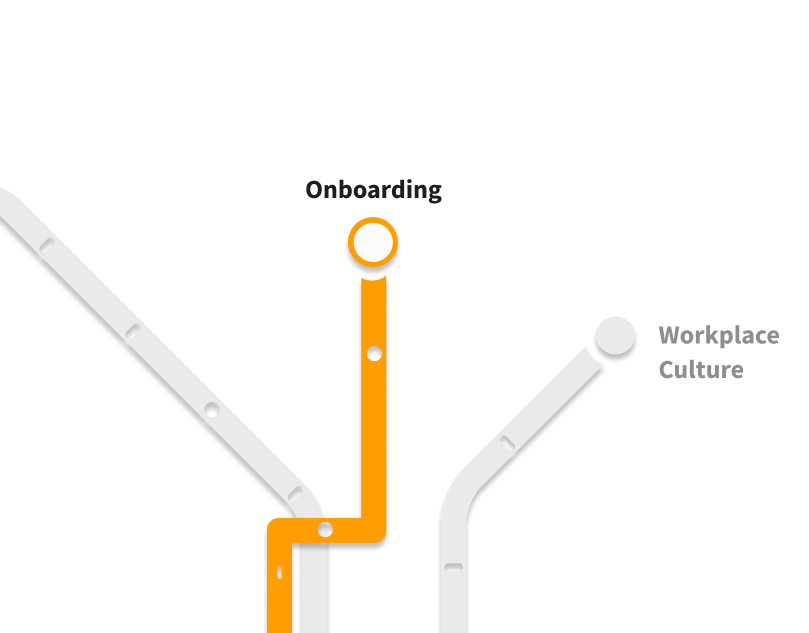
A Business Journey Towards Accessibility
Disability Confidence
The Disability Confidence Toolkit is grounded in our work with Community and the expertise of our valued partners. This is a free resource created by community and is not for sale. All tools, contents and resources are not to be sold.
“It is the responsibility of all of us to ensure an inclusive and equitable Canada. It is equally important that the people most impacted have the time and support to develop our voice and be at the table. There is no one voice, there are many – one size will not fit all and the intentionally collaborative design and building of the DCIF Toolkit, brought folks together in a process that built a framework for change. It has been my honour to have been part of this important work.” – Heather Walkus, National Chair of the Council of Canadians with Disabilities (CCD)

Explore the Toolkit


Accommodations
Accommodation is as much about organizational culture and trust as it is about the policies that are created and the legal rules that are in place. An open and accepting culture towards accommodation will increase inclusion and reduce conflict during the accommodation process

Built Environment
The working environment should be an accessible, usable, and inclusive environment for all applicants, workers, customers, clients, and partners within your business. Facilities, departments, IT, and property teams should be encouraged to go beyond local building codes to create an accessible built environment that can quickly adapt to meet the needs of all individual user



Career Development
Career development strategies bring employers and employees together to explore how the interests and potential of employees aligns with the needs and strategy of the business. Career development conversations can convey your interest in your people and their future, help your team see their future direction more clearly and help you, as an employer, get the “right” person in the right seat at the table

Corporate Strategy
A disability confident employer recognizes the talents that people with disabilities bring to the workplace. They feel confident in their ability to hire, support, and retain workers with disabilities, and work to drive lasting change in attitudes, behaviours, and cultures within their own businesses to become fully inclusive of people with disabilities.



Communication
When businesses have the knowledge and tools to provide effective communication, they can ensure they meet the needs of their workforce and diverse customer base. Taking an accessibility-first approach will help create a culture committed to providing effective communication and will ensure that equitable access and opportunities are provided for all individuals.

Evaluation
Education, training, and ongoing dialogue are fundamental in shaping inclusive hiring committees that do not discriminate against people with disabilities. Stay informed and prepare collectively.



Onboarding
Top employers recognize how essential it is to make all new workers feel welcome and safe in the workplace. If an organization is not able to create and maintain a working environment that is inclusive of persons with disabilities, they risk losing the diverse talent they worked so hard to secure.


Performance Management
Each employer will develop their own performance management process differently – the way that they approach conversations, appraisals, measures of performance, and more. No matter the approach, to lead an accessible and inclusive performance management process, managers need to involve all workers, including those with disabilities, from the beginning.

Recruitment
When a job posting is created in a way that all candidates can apply for the job without feeling excluded or uncomfortable, employers can attract candidates with diverse backgrounds and experience



Workplace Culture
When beginning to work on inclusive workplace policies, ensure a senior executive has taken the responsibility to lead the committee. Invite persons with lived experience and expertise to participate. Don’t forget to communicate that you are seeking cross-level representation as well, so that all workers feel welcome to contribute.












